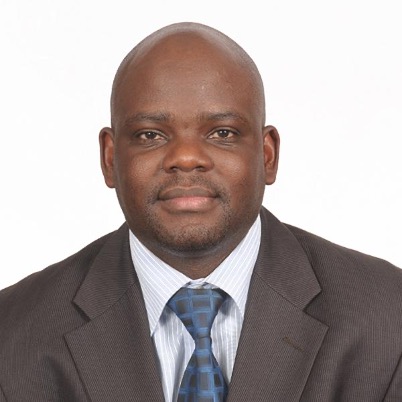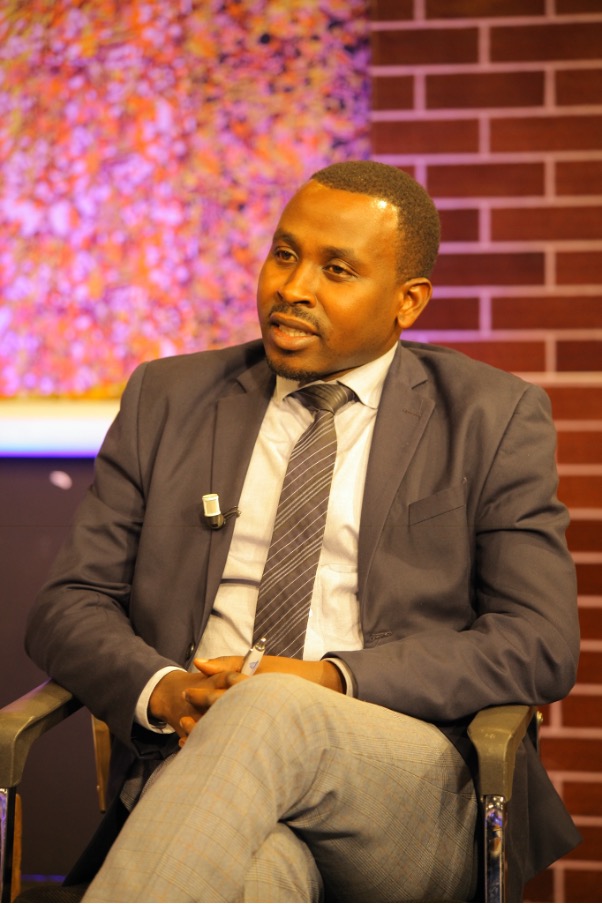Course Code: TF21-FCORW-01.2en
Term: Self paced
Open for Enrollment
Self-paced

Guide To Media Laws In Rwanda
Self paced
 Thomson FoundationInstructor
Thomson FoundationInstructor
Description
This course is part of the project Promoting Effective Implementation of Access to Information Law and Media Laws in Rwanda, funded with the support of the British High Commission in Kigali, Rwanda.

Course Overview
This course - A Guide to Media Laws in Rwanda, provides an opportunity for those studying, teaching, and regulating journalism and mass media or already working in the media to understand the Rwanda legal system.
This guide is intended to provide the reader with two things: first, a detailed introduction to the subject matter and an explanation of what to expect when studying journalism/mass communication, and second, a comprehensive revision and reference guide to the main issues in contemporary legal journalism, with case studies and references to legal and regulatory sources.
A Guide to Media Laws in Rwanda is designed to equip public officials, civil society and practitioners with the technical skills to interpret law and make use of it.
WHAT YOU WILL LEARN :
● You will learn about Rwanda’s Legal System
● You will learn about Rwanda’s Media Laws
● You will learn about and how laws facilitate the work of journalists.
● You will learn about media regulation highlighting what it is and principles that inform a democratic media regulatory regime.
● You will learn the distinctions between the statutory regulation under Rwanda Utilities Regulatory Authority (RURA) and the self-regulatory system as implemented under the Rwanda Media Commission.
● You will learn how to ensure media freedom
● You will learn how to protect public interests
MEET YOUR INSTRUCTORS:

Henry O. Maina, your course instructor is a Chevening scholar and a holder of a Master of Laws (LLM) in International Development Law and Human Rights from University of Warwick. He holds a postgraduate Diploma in Mass Communication from University of Nairobi and a Bachelor of Education degree from Moi University. He currently teaches Media Ethics and Media Law at MultiMedia University and University of Nairobi as a part-time lecturer. He is also a Commissioner at the Media complaints Commission serving a second term of three years starting (Oct 2020-Sept 2023).
Joining Henry is a strong team of media and law experts, including:

Emmanuel Mugisha, is the Executive Secretary of Rwanda Media Commission. He holds a Master’s Degree in International Relations and Diplomacy at Mount Kenya University and holds a Bachelor’s Degree in Legal Laws (LLB) from National University of Rwanda (NUR). He has a strong background in Media Sector. He occupied relevant posts in Media High Council: Legal Advisor, Director of Professionalism and Media Development (Cabinet appointment at Media High Council (MHC), on 7th December, 2011); and he has been appointed as the Ag. Executive Secretary of the Media High Council – (Prime Minister’s appointment letter Ag. Executive Secretary at Media High Council, on 06/01/2012, and handed over to newly appointed Executive Secretary on 8/10/2014.)

Jean Paul IBAMBE, a practising Lawyer admitted at Rwanda Bar Association and East African Law Society with experience in Legal Aid, Access to Justice, Media, Press freedom, ICT, Access to information, Media regulation, Human Rights and environment law. His experience varies from news editor for various media outlets in Rwanda, Legal Advisor for Rwanda Media Commission (the Rwanda Media Self-regulatory Body), Project Coordinator for Legal Aid Forum’s projects “Using ICT to Provide Legal Aid to Rwandan Population-ICT4J'' and “Promoting Freedom of Expression and its favourable legal framework in Rwanda'' funded by the EU and he is the current Programme Manager for The Legal Aid Forum. He also worked on a petition for decriminalisation of defamation in Rwanda that later got repealed from the penal code.
Course Outline:
Section 1 - Introduction - The Rwanda legal system
Section 2 - Media Regulation
Section 3 - Protection of Public Interest
Section 4 - Emerging issues in Protection of Public Interest
Section 5 - Protection of Intellectual Property Rights
Section 6 Laws that facilitate the work of journalists
Section 7 - Access to information implementation plan
TIME COMMITMENT
You can complete this course within 4-6 hours across multiple sessions.
One Last Thing!
Check your email inbox and click on the email verification link we just sent you.
If it doesn’t reach your inbox in a few moments, it might be in your spam folder. Don’t forget to add our email address to your contacts if it did end up in spam! That’ll make sure it doesn’t happen again.
As soon as you’ve verified your email, you’ll be able to continue.
 Confirm Payment
Confirm Payment
Guide To Media Laws In Rwanda
Free
